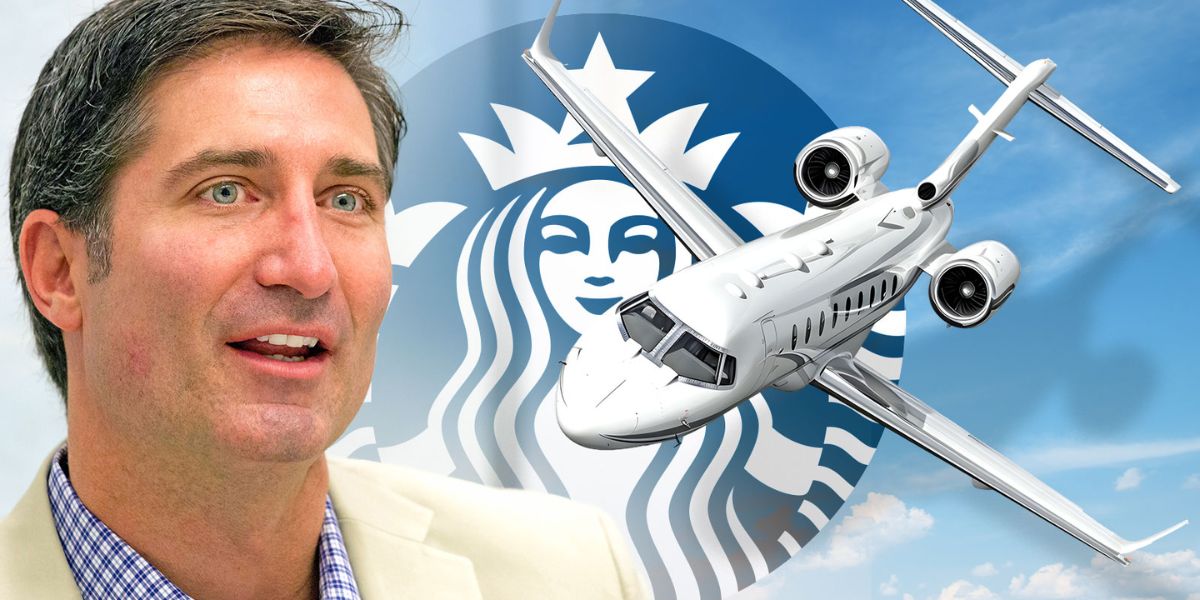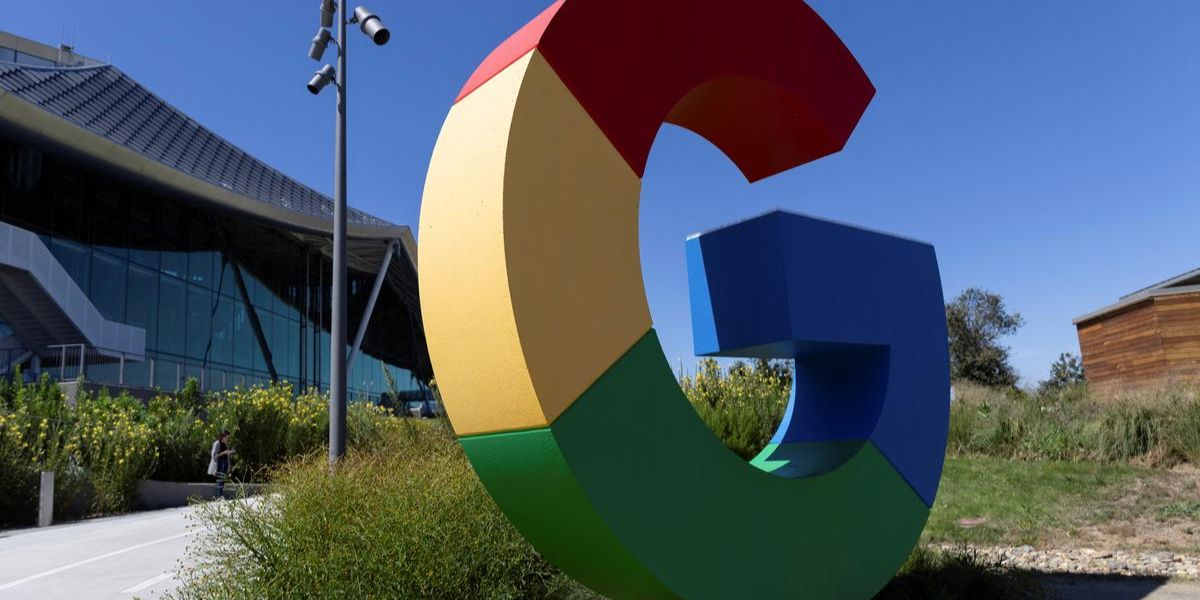MJP –
Brian Niccol, the incoming CEO of Starbucks, will be required to report to the Seattle headquarters three times per week, similar to the rest of the staff.
According to his offer letter, which was made public in an SEC filing, Niccol will be using a corporate aircraft nearly 1,000 miles from his home in Newport Beach, California, to Starbuck’s offices in Seattle, while other employees will be using cars or public transportation.
As the coffee chain battles to increase sales and win back the interest of consumers, Niccol takes over for the expelled CEO Laxman Narasimhan.
It was said by Starbucks to CBS MoneyWatch that Niccol’s schedule “will meet or exceed the hybrid work guidelines and workplace expectations we have for all partners.”
“Although Brian will maintain an office in Southern California, his main location and where he will spend the bulk of his time is our Seattle Support Center,” stated a spokeswoman from Starbucks regarding CBS MoneyWatch.
In keeping with our hybrid work standards, he will be present in our Seattle office for a minimum of three days each week when he is not on business travel. A Seattle home will also be his.

Private jet travel is among the most polluting forms of transportation, with emissions ranging from five to fourteen times higher than those of commercial flights and fifty times more than those of trains, according to research by the European Federation for Transport and Environment in 2021.
SEE MORE –
Guilty Verdict for Virginia Business Owner in $12 Million Catalytic Converter Theft Case
The coffee behemoth has committed to halving its carbon footprint in its direct operations and supply chain by 2020, but its emissions-heavy mode of transportation is the complete opposite.
Critics of the incentive further point out that Niccol’s planned aircraft usage contradicts the company’s claims of being an environmental sustainability leader.
Even though Niccol’s formal start date is September 9, the reaction regarding his intended commute has started already, with social media users making fun of the company for its insistence on paper straws and its CEO’s usage of a private jet.
“Is this corporate hypocrisy at its peak — Starbucks introducing paper straws and cups while pushing towards sustainability?” Someone who was against the plan posted on the X social media platform.
“Typical hypocrisy, rules for the little people but not for the kings in society,” another X user remarked.
The contentious move by Starbucks was also criticized by climate advocates.
A climate activist from Greenpeace named Clara Thompson told The Washington Post on Thursday that corporations should not provide employees with corporate planes as a benefit, especially when the globe is experiencing unprecedented heat waves, droughts, and floods as a result of the rapidly worsening climate problem. “These jets are a stark symbol of social and climate injustice, where a privileged few indulge in the most environmentally damaging form of travel for mere convenience.”
Is it going to be effective?
According to Raj Choudhury, a professor at Harvard Business School who has researched the advantages of remote work for a long time, this is an example of how organizations can gain from work-from-anywhere agreements when it comes to recruiting top talent.
“From a talent acquisition perspective, remote work is a great tool, and this is showing that again,” according to CBS MoneyWatch. “This is a great opportunity for Starbucks to create a remote C-Suite and percolate those policies down below.”
Accounting professor Shivaram Rajgopal of Columbia Business School who researches CEO succession plans expressed his concern to CBS MoneyWatch that the leader of the company is working from another state, rather than the environmental impact of Niccol’s commute.
In an interview with CBS MoneyWatch, he expressed doubt about the viability of the entire plan. I believe they have more significant issues with things like paper cups, therefore I’m less concerned with the optics of emissions. However, leaders must be present and visible from a managerial standpoint.




